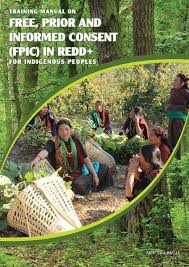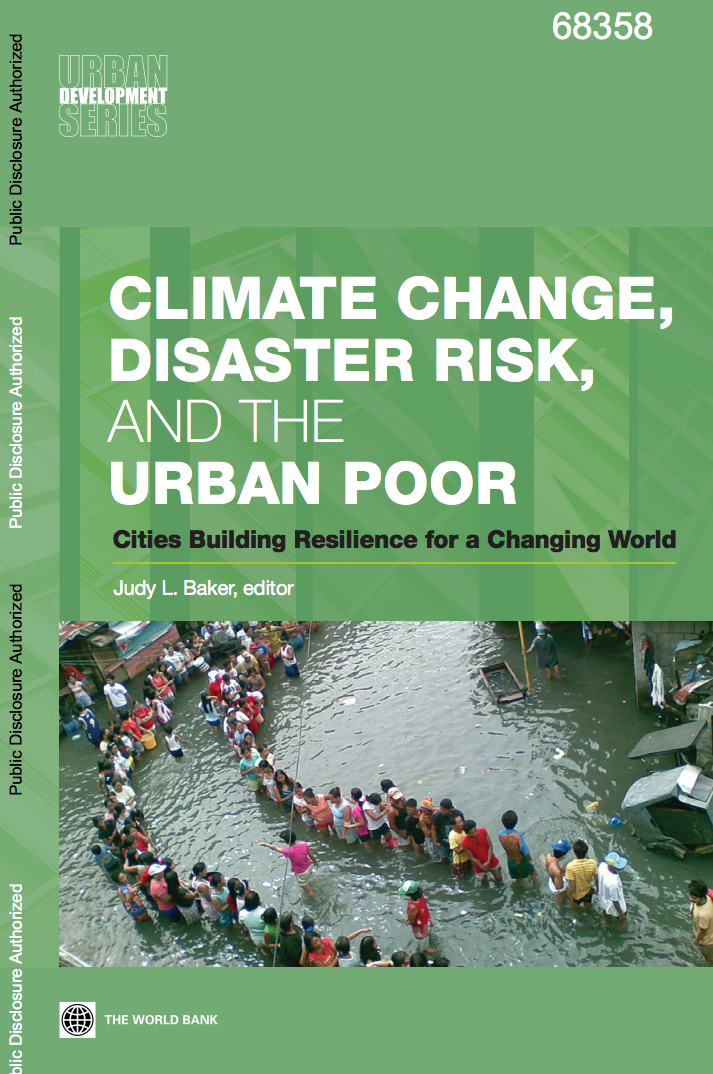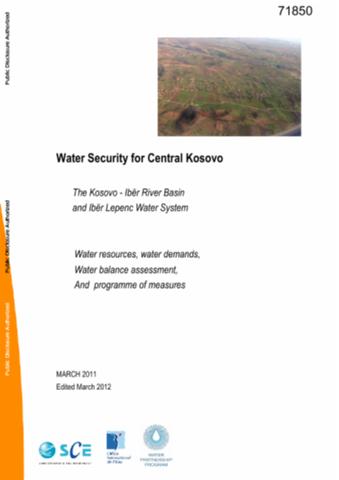Training Manual on Free, Prior and Informed Consent (FPIC) in REDD+ for Indigenous Peoples
This manual aims to build the capacities of the indigenous peoples, networks and organizations to advocate and work for the effective implementation of FPIC for indigenous peoples in the activities and projects relating to REDD+. In particular, the objective of this manual is to equip indigenous peoples with the knowledge and understanding of FPIC and REDD+; and to provide a general guide to communities on the application of FPIC in REDD+ activities in upholding their rights, interests and welfare.







